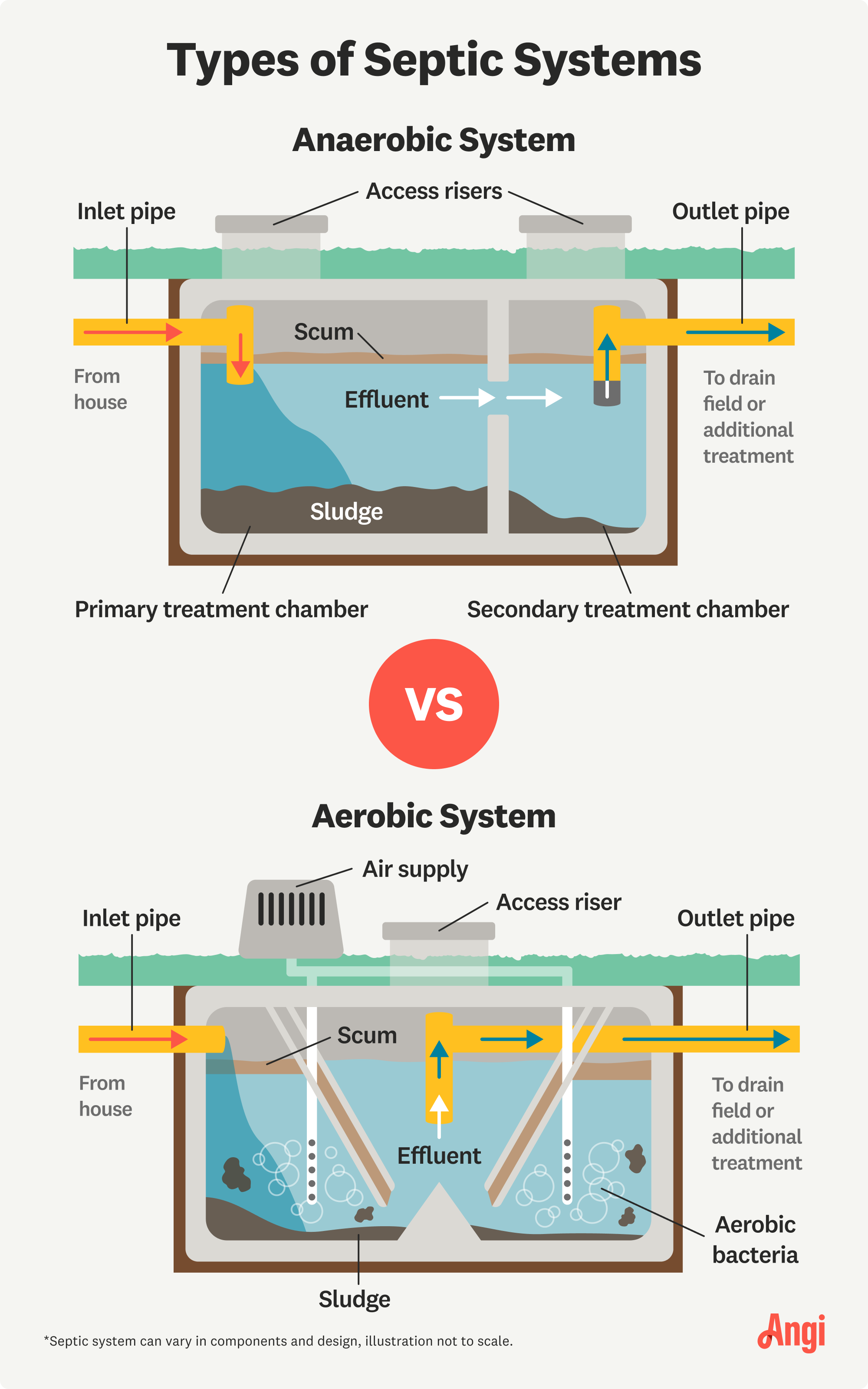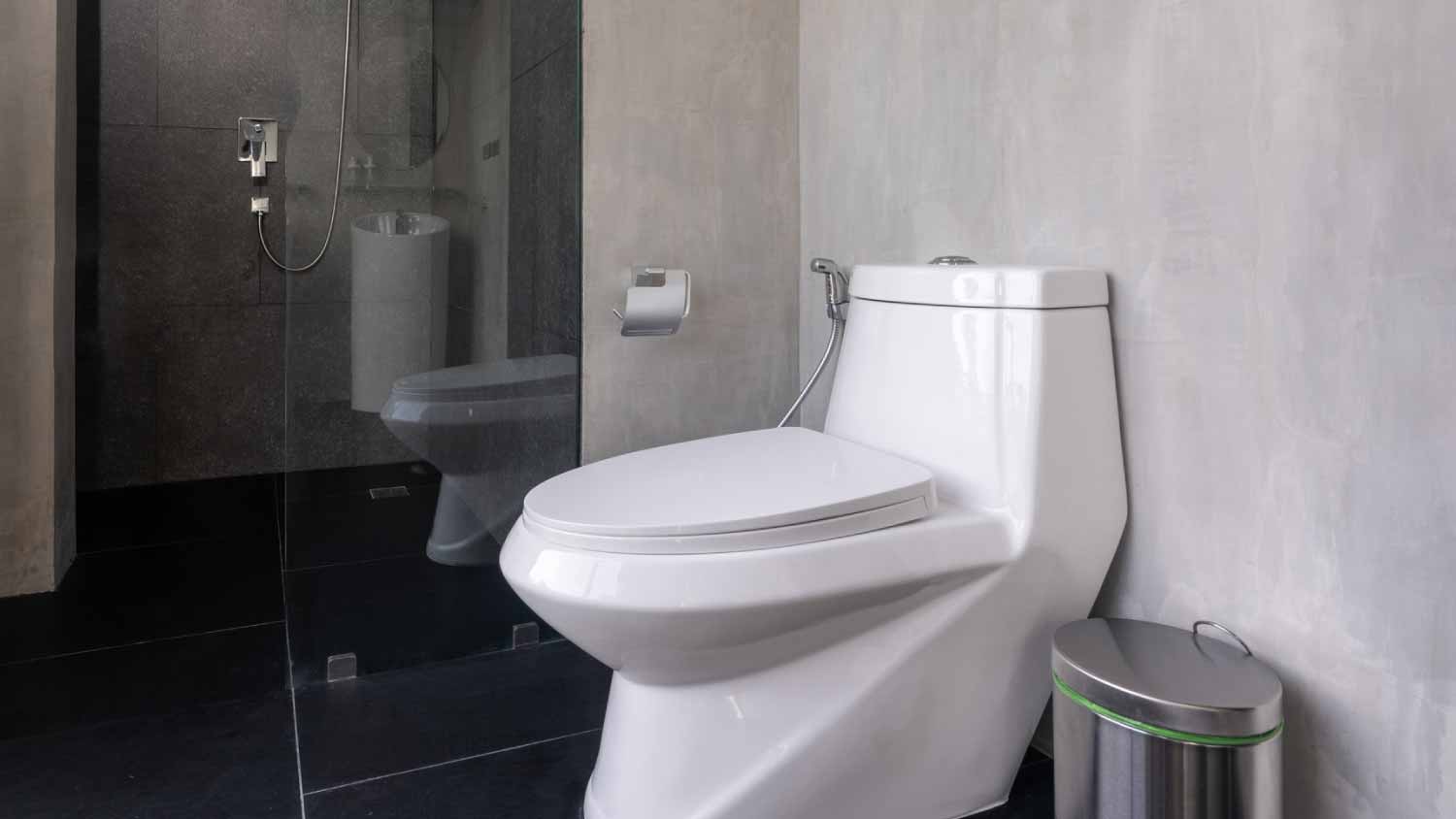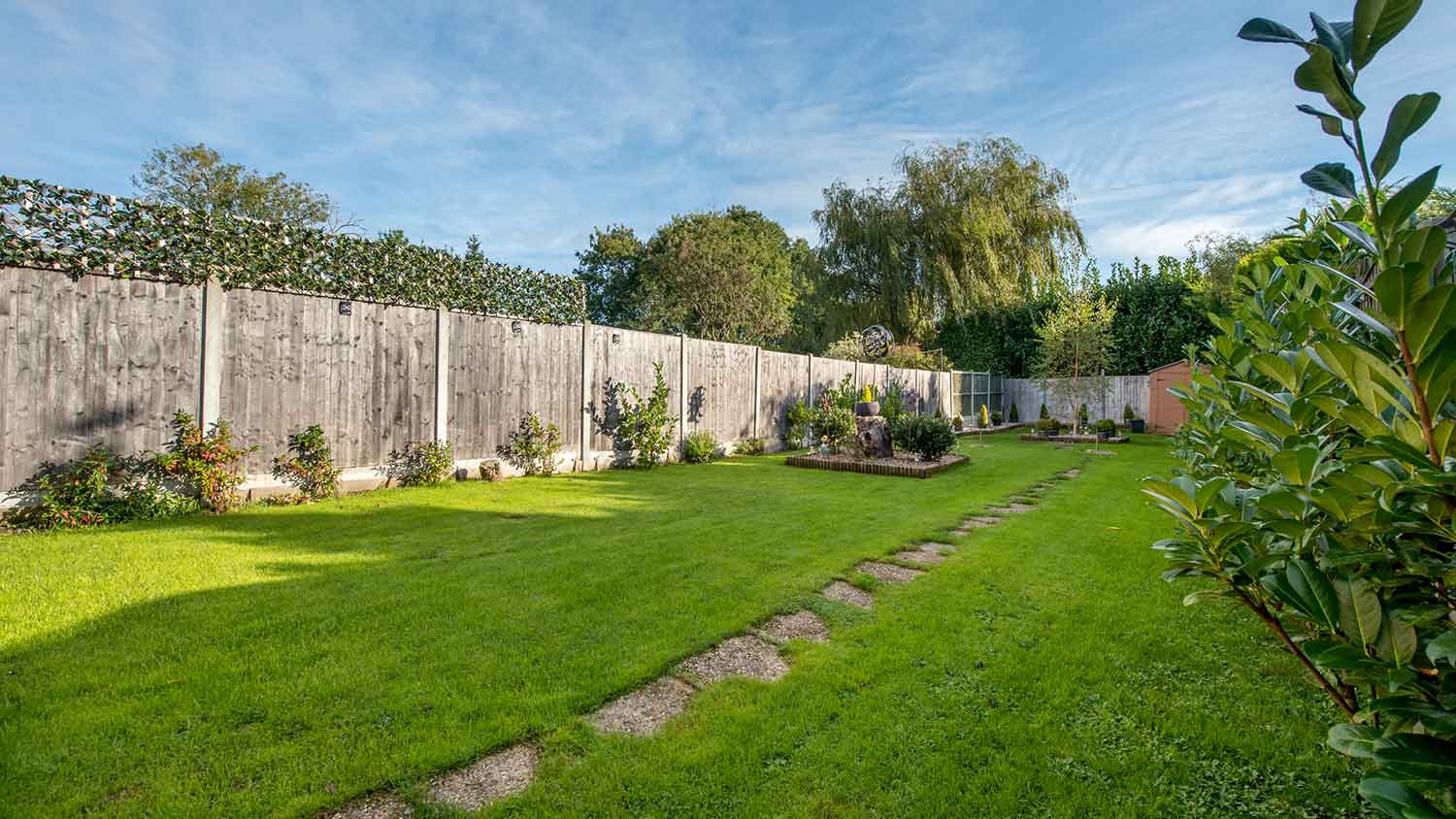
The average cost to connect to a public sewer line in Columbus, OH, depends on the linear footage, piping material, local regulations, and more.
Septic tank service costs depend on your project and location. Check with a local pro for your specific job.
Denver requires all new septic systems to have an On-Site Wastewater Treatment System (OWTS) permit.
Certain types of soil and the property's slope may require engineered systems, which can increase the overall cost.
Winter installation, high groundwater, and local labor rates also drive up the cost of septic system services in Denver.
Installing a septic system in Denver is more complicated than it might sound. Everything from Colorado’s heavy clay soil to high-altitude permitting rules can affect the total cost. Most homeowners in Denver pay an average of $7,840 for a septic system, but the cost can range between $3,974 and $11,707. Advanced systems or complex installations can drive up costs even further.
Let’s examine the key factors that Denver homeowners should consider when budgeting for a new septic system.
Installing septic systems in Denver, Colorado, can present unique challenges, such as heavy clay, rocky soil, and uneven terrain. Your total septic system installation cost will depend on the tank size, materials, type of system, and what it takes to prepare the site.
The septic tank size you need will depend on the number of bedrooms your home has. For a three-bedroom home, you’d need a 1,000-gallon septic tank, which costs $1,800 to $3,200 for the tank alone.
Small septic systems cost less, while larger houses have more sinks, toilets, bathtubs, and other wastewater sources that flow into the septic tank. As tank size increases, so do costs.
| Septic Tank Size (Gallons) | Home Size (Bedrooms) | Average Tank Cost |
|---|---|---|
| 500 | 1 | $900–$1,200 |
| 1,000 | 2–3 | $1,800–$3,200 |
| 1,250 | 4 | $2,200–$3,800 |
| 1,500 | 5+ | $2,500–$4,100 |
| 2,000 | 6+ | $3,000–$10,000 |
Septic tanks are commonly made of plastic, concrete, or fiberglass, with fiberglass being the most expensive. Here’s how much a tank costs based on each material.
| Septic Tank Material | Average Cost | Pros | Cons |
|---|---|---|---|
| Concrete | $1,800–$2,400 | Long-lasting, code-compliant | Heavy, harder to install |
| Plastic | $2,200–$3,200 | Lightweight, budget-friendly | Can warp or crack in rocky soil |
| Fiberglass | $3,200–$4,100 | Corrosion-resistant, stable shape | Higher cost than other options |

Each type of septic system comes with its own set of pros and cons. While anaerobic systems are relatively low-maintenance, they aren’t great for small properties. Similarly, anaerobic systems can do well in small spaces but require extra work. Discuss your home’s septic tank installation requirements with a septic tank pro.
| Anaerobic | Aerobic |
|---|---|
| Anaerobic bacteria break down waste | Aerobic bacteria break down waste |
| More affordable | More expensive |
| Uses fewer chemicals | More efficient |
| Needs a larger leach field | Good for smaller properties |
Anaerobic: Anaerobic systems are more common and cost $3,000–$8,000. They’re less costly than aerobic systems and don’t need extra power or chemicals, but they’re less efficient and require a larger leach field. A pipe runs from the house to the septic tank, where another pipe runs into the leach field. Anaerobic bacteria break down solid waste before the system distributes the wastewater into the soil.
Aerobic: Aerobic septic systems utilize oxygen pumped into the tank to activate bacteria that feed on the solid waste. They’re more expensive at $10,000–$20,000 but are more efficient and work well on smaller properties. They require additional power to run, so hook yours up to a power generator in case of a power outage. Otherwise, these systems can plug into your property’s main power source.
Before a shovel hits the ground, you’ll need tests and approvals for your new septic system. Denver’s soil can range from rocky to sandy, and the land can be flat or sloped, all of which will impact your cost. Don’t let underground costs bubble up—plan for these site preparation fees, and talk to septic tank companies in Denver, Colorado, about your specific costs.
Land Survey: You’ll need to get a land survey before installing a septic system to ensure your plans fall within property lines. Expect to spend $330–$900 to hire a licensed land surveyor.
Percolation Test: Before the installation, you need a local perc test pro to perform a percolation test. The test measures water drainage in the soil, soil type, and the height of each sediment layer on your property to determine the best type of septic system for you. The cost to test your soil is $700–$2,000.
Leach Field Installation: Septic tank systems consist of a septic tank and a trench referred to as a leach field or drain field. This section of the system transports the wastewater back to the soil. Drain field installation costs $5,000–$12,000.
DIYing a septic system installation is a bad idea—it’s a complicated process that most homeowners don’t have the skills or tools to do correctly. For that reason, the city of Denver requires that licensed professionals do the work for new septic systems to pass code inspections. Here are the expected costs for labor when you hire a pro to get it right.
Like in other areas, labor makes up a significant portion of septic system installation costs in Denver. Excavation, tank placement, piping, and leach field prep require specialized equipment and experience. Here are labor costs to look out for:
General septic installation labor: $3,500–$7,000
Hourly labor for repairs or adjustments: $75–$140 per hour
Keep in mind that labor costs can go up based on regional factors. For example, installing a septic tank during the winter can be more expensive due to the challenge of digging in frozen ground. However, a properly installed septic system should last 25 to 40 years or longer, so hiring a qualified, experienced septic tank contractor is a smart long-term investment.
Denver and most other areas in Colorado require permits for new or replacement septic systems. Costs vary by county, but homeowners pay about $250 to $1,800 per permit. Expect inspections at multiple stages of the installation. Depending on the area where you live, you may also need approval from your homeowners association or township.
When nature calls, be sure your septic system answers. Even though septic systems in Denver can last for decades, they need regular maintenance to work properly. Experts recommend pumping most tanks every three to five years, depending on how much use they get. The cost of septic pumping services runs between $300 and $600.
If you live in a colder part of the state, take extra precautions during the winter to prevent pipes or system components from freezing. You’ll also need to budget for routine inspections and preventative care, like keeping trees away from the drain field. These precautions can help limit septic tank repair costs over the system's lifetime.
Pumping your septic tank every three to five years is one of the most important septic maintenance tasks. When you combine that with flushing only approved items (toilet paper and waste) and avoiding driving over your drain field, you have a recipe for a long-lasting septic system.
While a new septic system won’t add curb appeal, it can increase a home’s functionality and independence, especially in Denver’s outlying or unincorporated areas. Here are some of the top benefits of this type of home improvement:
Adds value in rural locations or areas without municipal sewer systems
Improves resale value compared to homes with older septic systems
Gives more water-handling capabilities to large homes and those with extra wastewater needs
Upgrading your septic system can increase your home’s value by up to 10%, depending on local demand and the quality of the system and installation.
Home is the most important place on earth, which is why Angi has helped more than 150 million homeowners transform their houses into homes they adore. To help homeowners with their next project, Angi provides readers with the most accurate cost data and upholds strict editorial standards. We survey real Angi customers about their project costs to develop the pricing data you see, so you can make the best decisions for you and your home. We pair this data with research from reputable sources, including the U.S. Bureau of Labor Statistics, academic journals, market studies, and interviews with industry experts—all to ensure our prices reflect real-world projects.
Want to help us improve our cost data? Send us a recent project quote to [email protected]. Quotes and personal information will not be shared publicly.
From average costs to expert advice, get all the answers you need to get your job done.

The average cost to connect to a public sewer line in Columbus, OH, depends on the linear footage, piping material, local regulations, and more.

If it’s been there for a while, it can be hard to find the septic tank in your yard. Learn how much it costs to locate a septic tank with this guide.

Need to know what sewer line replacement costs in Washington, D.C.? This guide will help you prepare to budget for sewer line replacement done by local contractors.

Got a septic tank? Then you've got a leach field. Knowing where it is helps you maintain your system. Here's how to find a leach field.

Need to know what sewer line replacement costs in Minneapolis, MN? This guide will help you prepare to budget for sewer line replacement done by local contractors.

In order to function properly, your septic tank needs to be regularly inspected and emptied. How often you should get your septic tank inspected depends on a few factors.